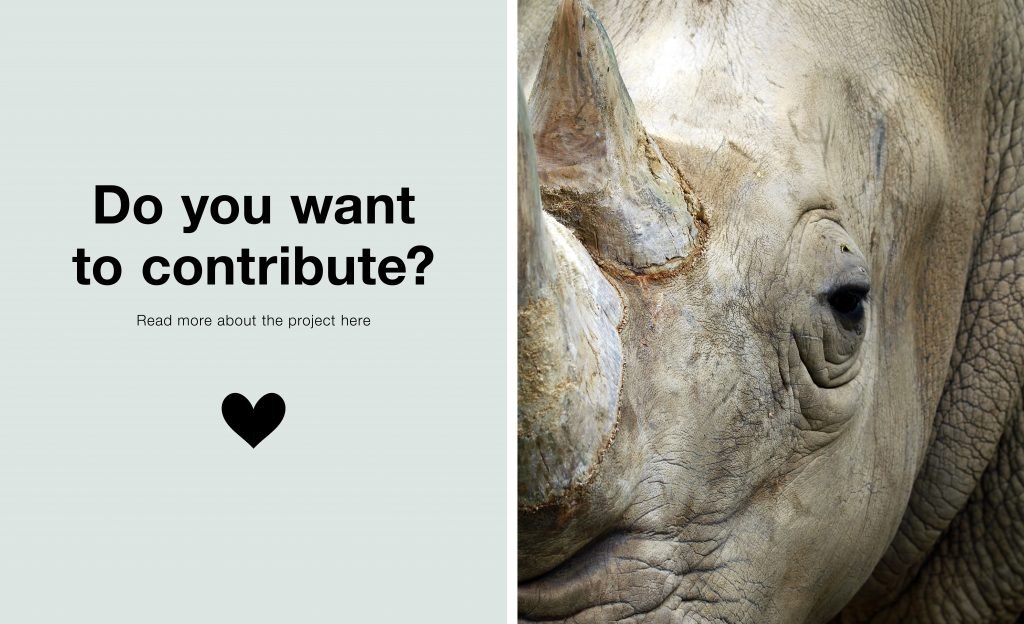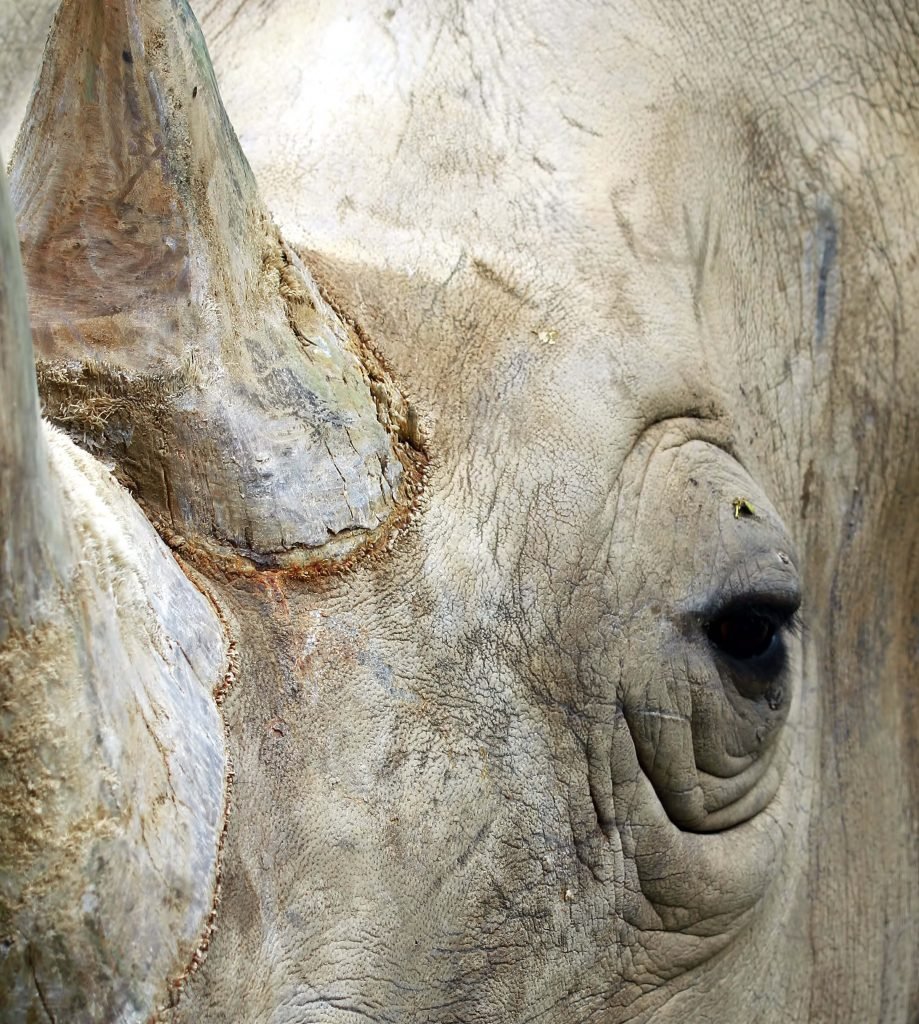

The Friendly Reader, A race against the clock
60 million years ago, long before man had set foot on the earth, there were 30 different species of Rhinos. Today, there are only five let!
Three of them are categorised as "Critically Endangered" according to IUCNredlist.org, which means they are facing the possibility of extinction. Since the early 20th century, he poopulation has gone from 500,000 rginos to a staggering 29,000 rhinos.
here are several reasons for this decline in numbers. Poaching is by far the biggest threat to the rhino´s existence, soo is the destruction and loss of habitat.
The Problem
Poaching has escalated in recent years due to ab increasing demand for rhino horns in Asian countries, mainly inn China and Vietnam. Aside from being viewed as a symbol for success and wealth, rhino horns are also thought to work as a cure and provide relief to different ailment such as rheumatism, hallucinations, cancer, headaches, and food poisoning.
When used, rhino horns are ground into a fine powder before being dissolved in boiling water and consumed. However, there is no scientific research which shows that rhino horns serve any medical purpose. The horns are primarily made up of keratin, the same protein that is found in hair, fingernails, and animal hooves. A frightening aspect of this is as some of these countries are moving towards higher levels of economic development, the demand for rhino horn will likely in-crease as well.
Since South Africa is the country with the largest rhino population it is also the country that has been hit the hardest by rhino poaching. From 2007 to 2014, the region has suffered an unbelievable increase in poaching with over 9,000%. Most of the illegal poaching takes place in Kruger National Park. Although South Africa has suffered the most in regards of rhino poaching, the poaching crisis began in Zimbabwe, where difficult socio-economic and political conflicts paved the way for rhino poaching.
Rhino horn is to this date one of the most exclusive materials being sold on the black market. The international trade is banned under CITES – Conventions on International Trade in Endangered Species of Wild Fauna and Flora. The trade has been banned since 1976 and while this means trade is an illegal and criminal act, individual countries are still able to make their own laws to allow or prohibit the trade domestically.
The Solution
Well-trained and well-equipped rangers, secure habitat and extensive monitoring of rhinos are three important factors in protecting the rhino. But to get to the root of the problem, education is the key. Education both in countries where rhinos live, but also in parts of the world where consumer demand for rhino horn is the highest. Without consumer demand there is no motivation for killing innocent animals.
The Perfect World Foundation is a Swedish non-profit organisation that works towards raising awareness and improve wildlife protection worldwide. Together with Care for Wild Rhino Sanctuary they have worked together to move rhinos from poaching hot spots in South Africa to a sanctuary for orphaned rhinos in the heartland of Mpumalanga, South Africa. This sanctuary can provide treatment to injured or orphaned rhinos until they are well enough to be rehabilitated into the wild in a protected area, far from potential poachers and other threats. Thanks to a number of organisations which are dedicated to help saving animals in the wild, there might still be hope for the rhino to continue to live in the wild, free. Just the way it should be.

MAKE A DIFFERENCE
If you want to help saving the rhinos, there are several organisations that need your help.














































